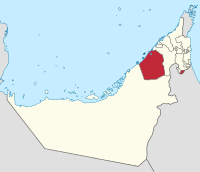
Photo from wikipedia
AIMS This investigation explores police encounters and police-related coping responses, and the extent to which these relations are impacted by race/ethnicity and beliefs about state authority. METHODS In two large,… Click to show full abstract
AIMS This investigation explores police encounters and police-related coping responses, and the extent to which these relations are impacted by race/ethnicity and beliefs about state authority. METHODS In two large, diverse samples of undergraduates reporting on their recent experiences in the community, race, experiences with police, and views of police were analyzed as predictors for coping with police presence; attitudes about authority were added in the latter study to explore how views of authority affect interpretation of police encounters and later coping. RESULTS Negative experiences with police differed by race and consistently predicted coping with police presence. There was a marginal interaction between views of authority and negative experiences with police, with greater stress response at lower levels of authoritarian attitudes. CONCLUSIONS This report clarifies interactions with police from the civilian perspective. It suggests individual attitudes meaningfully affect interpretation of police encounters and, in line with recent research recommendations, highlights the need to better understand police encounters as stressors, particularly in relation to race and ethnicity.
Journal Title: Journal of community psychology
Year Published: 2022
Link to full text (if available)
Share on Social Media: Sign Up to like & get
recommendations!